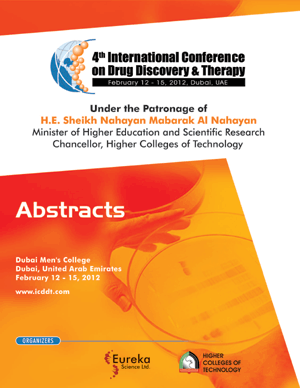Abstract
Alzheimer's disease (AD) is a debilitating neurological disease that is known to worsen as people age. As a chronic illness, it has a negative impact on the health and financial well-being of patients and their families. Despite decades of research into new medications and therapy regimens, the therapeutic choices for these conditions are still limited. Although currently available medications for AD do not prevent or stop disease progression, they are used to treat symptoms and provide brief comfort to patients. The development of medications and other therapy modalities to address the unmet medical need has sparked a surge of interest in understanding the mechanism of AD in recent years. Growing bodies of evidence direct towards the treatment of AD by intercepting the Somatostatin-evoked Aβ catabolism in the brain, via the α-endosulfin-KATP channel pathway. The latter can be achieved through the repurposing or repositioning of drugs previously approved by the regulatory authorities and indicated in other diseases. With the advent of technology in the healthcare sector, these could be corroborated through various in-silico and in-vitro techniques. This article aims to explore the various aspects of the byzantine α-endosulfine-KATP channel pathway while providing information and future prospects for the development of new therapies to combat AD.






















